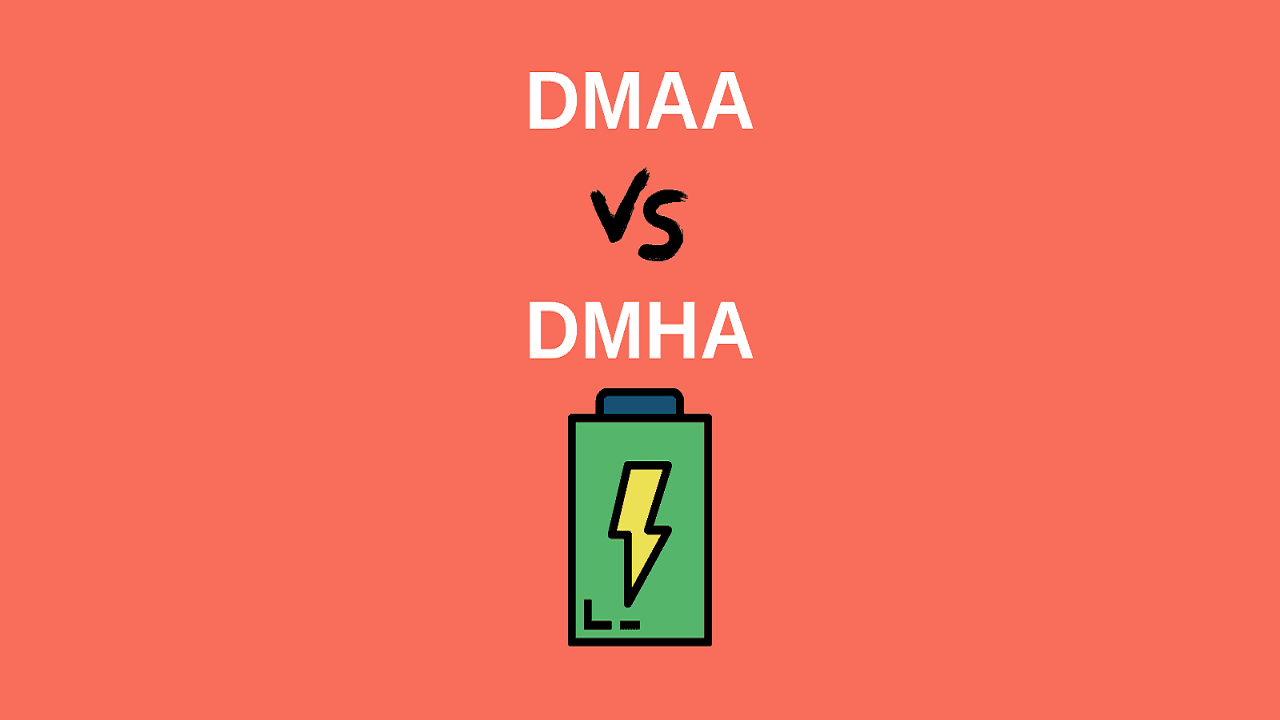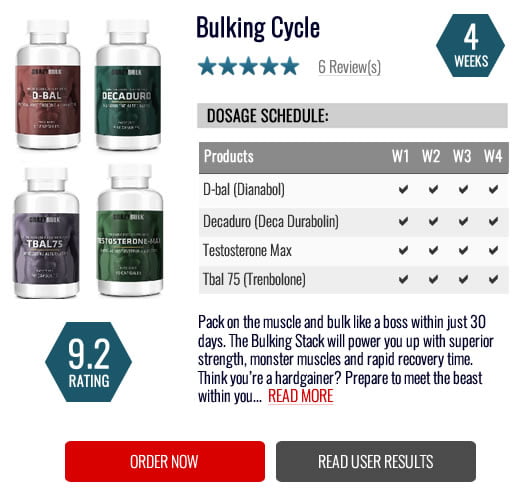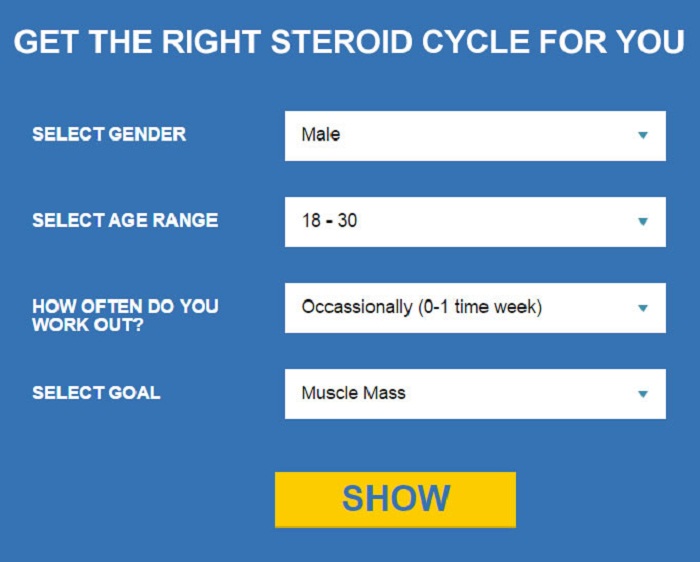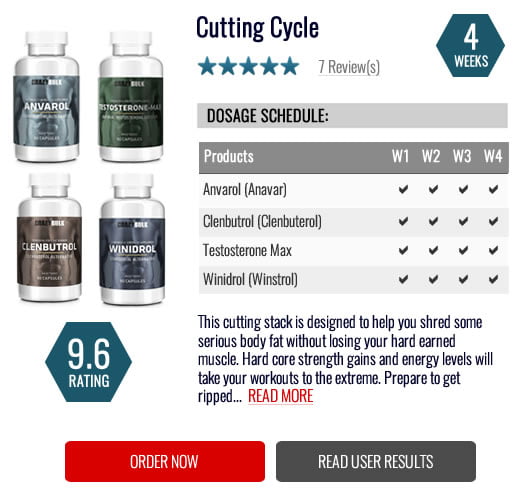DMAA vs DMHA
Contents
- 1 DMAA vs DMHA
- 2 DMAA (1,3-Dimethylamylamine)
- 3 Origin and History
- 4 Mechanism of Action
- 5 Effects and Benefits
- 6 Safety Concerns
- 7 DMHA (2-Aminoisoheptane)
- 8 Origin and History
- 9 Mechanism of Action
- 10 Effects and Benefits
- 11 Safety Concerns
- 12 DMAA vs. DMHA: A Detailed Comparison
- 13 DMAA Safety and Legality
- 14 DMHA Safety and Legality
- 15 DMAA Side Effects
- 16 DMHA Side Effects
- 17 Effectiveness
- 18 Potential Synergy
- 19 Making an Informed Choice
- 20 Consult a healthcare professional
- 21 Be aware of the legal status
- 22 Start with a low-dose
- 23 Monitor your response
- 24 Choose alternatives
- 25 Conclusion
- 26 FAQs
- 27 Why was DMHA banned?
- 28 Is it illegal to take DMAA?
- 29 Is DMHA banned in the military?
- 30 Is DMHA banned in pre-workout?
- 31 Why did Jack3d get banned?
- 32 Is DMHA legal to buy?
- 33 Is DMHA as strong as DMAA?
- 34 Is DMHA legal in powerlifting?
- 35 How much stronger is DMAA than DMHA?
In the ever-evolving world of fitness and sports supplements, there is a constant search for the perfect blend of ingredients that can help enhance physical performance, increase energy levels, and support weight loss. Two compounds that have gained significant attention in recent years are DMAA (1,3-Dimethylamylamine) and DMHA (2-Aminoisoheptane). These substances have made their way into pre-workout supplements, fat burners, and nootropics, but they also come with their own unique sets of benefits and potential risks. This article aims to provide an in-depth comparison of DMAA and DMHA, shedding light on their origins, mechanisms of action, effects, safety concerns, legal status, and more.
Must Read: The Best Anabolic Diet Guide You’ll Ever Need
DMAA (1,3-Dimethylamylamine)
Origin and History
DMAA, also known as 1,3-dimethylamylamine or Methylhexanamine, is a synthetic compound that was initially developed as a nasal decongestant. Its journey from a decongestant to a dietary supplement ingredient started in the early 2000s when it gained recognition for its stimulating effects on the central nervous system. These effects, which included heightened alertness, energy, and potential weight loss benefits, quickly made DMAA a popular ingredient in pre-workout products.
Mechanism of Action
To understand how DMAA works, it’s important to know that it primarily acts as a sympathomimetic amine. This means it mimics the effects of the sympathetic nervous system, often referred to as the “fight or flight” response. When ingested, DMAA leads to an increase in heart rate, blood pressure, and the release of neurotransmitters like dopamine and norepinephrine. This results in heightened alertness, energy, and a feeling of euphoria. Additionally, DMAA stimulates the release of stored fatty acids, making them available for energy production, which can support weight loss efforts.
Effects and Benefits
DMAA has been associated with several potential benefits:
Enhanced Energy and Focus: DMAA’s stimulating effects are well-known for boosting energy levels and improving mental focus. Many athletes and fitness enthusiasts have turned to DMAA to increase their workout intensity and productivity.
Appetite Suppression: A notable effect of DMAA is appetite suppression. Some users have reported a reduction in food cravings, making it easier to manage calorie intake and support weight loss.
Fat Loss: DMAA’s ability to stimulate the release of stored fatty acids can contribute to fat loss when combined with a well-rounded fitness routine and a controlled diet.
Improved Mood: DMAA often brings about an enhanced sense of well-being and improved mood, which can be a psychological boost during workouts and daily activities.
Safety Concerns
Despite its potential benefits, DMAA has faced significant safety concerns. Several countries, including the United States, the United Kingdom, and Canada, have banned or heavily regulated the sale of dietary supplements containing DMAA. The U.S. Food and Drug Administration (FDA) issued warning letters to companies marketing products with DMAA due to its association with adverse events, including heart attacks, strokes, and even fatalities. Consequently, DMAA is considered a banned substance in many sports organizations, including the World Anti-Doping Agency (WADA).
DMHA (2-Aminoisoheptane)

Origin and History
DMHA, also known as 2-Aminoisoheptane, is quite distinct from DMAA as it is a naturally occurring compound found in the Juglans regia tree, commonly known as the English walnut, as well as in certain varieties of tea. Similarly, DMHA has gained popularity as an ingredient in dietary supplements, particularly within the fitness and sports industry.
Mechanism of Action
DMHA operates by stimulating the release of neurotransmitters, such as dopamine and norepinephrine, resulting in an increase in alertness, energy, and an overall sense of well-being. It also acts as a psychostimulant, similar to DMAA, though with slightly different effects and mechanisms.
Effects and Benefits
DMHA has been associated with several potential benefits, many of which overlap with those of DMAA:
Energy and Focus: DMHA is well-regarded for providing a significant boost in energy and mental focus. This makes it a popular choice for inclusion in pre-workout supplements.
Appetite Control: Like DMAA, DMHA can help in suppressing appetite, which can be particularly beneficial for individuals aiming to manage their weight.
Enhanced Physical Performance: DMHA has shown potential in improving exercise performance, enabling individuals to train at higher intensities, potentially leading to better results during workouts.
Improved Mood: Many users report an improved mood and an enhanced sense of well-being when taking DMHA.
Safety Concerns
DMHA generally boasts a more favorable safety profile compared to DMAA. It is not as widely associated with severe adverse events and is currently considered legal in some countries, including the United States. However, its legality and regulation can vary from one jurisdiction to another, so it’s essential to check local regulations before using DMHA-containing supplements.
DMAA vs. DMHA: A Detailed Comparison
To better understand the differences between DMAA and DMHA, let’s delve deeper into various aspects, including their safety, legality, potential side effects, effectiveness, and potential synergistic effects when combined.
DMAA Safety and Legality
DMAA has a history of safety concerns, leading to its ban or restriction in several countries:
- United States: DMAA was banned by the FDA in 2013 due to safety concerns. It is illegal to sell dietary supplements containing DMAA in the United States.
- United Kingdom: The sale of DMAA-containing products was prohibited by the Medicines and Healthcare Products Regulatory Agency (MHRA).
- Canada: Health Canada issued a stop-sale order for products containing DMAA.
- Australia: DMAA is listed as a prohibited substance in sports and is regulated by the Therapeutic Goods Administration (TGA).
DMHA Safety and Legality
DMHA, on the other hand, is considered safer and more legally accessible in some regions:
- United States: DMHA is currently legal and can be found in dietary supplements. However, its regulatory status may change, so it’s important to stay informed about any updates.
- United Kingdom: DMHA is not explicitly regulated, but its status may be subject to change as authorities continue to evaluate its safety.
- Canada: Health Canada does not permit the sale of DMHA-containing supplements.
- Australia: DMHA is also banned for use in sports supplements in Australia.
DMAA Side Effects
The potential side effects of DMAA are a significant concern:
- Increased Heart Rate: DMAA can lead to a rapid increase in heart rate, which may be dangerous for individuals with preexisting heart conditions.
- Elevated Blood Pressure: The stimulant properties of DMAA can cause a significant spike in blood pressure, which can be harmful to individuals with hypertension.
- Nervousness and Anxiety: Some users experience heightened feelings of nervousness and anxiety when taking DMAA.
- Insomnia: DMAA’s stimulant effects can lead to difficulty falling asleep and staying asleep, resulting in insomnia.
- Gastrointestinal Distress: DMAA can cause stomach upset, nausea, and digestive issues in some individuals.
DMHA Side Effects
DMHA also has potential side effects, though they tend to be milder and less frequent than those associated with DMAA:
- Increased Heart Rate and Blood Pressure: DMHA can raise heart rate and blood pressure, similar to DMAA, but the effects are generally less intense.
- Nausea and Upset Stomach: Some users may experience mild gastrointestinal discomfort when taking DMHA.
- Headaches: DMHA has been associated with headaches in some individuals.
- Insomnia: Like DMAA, DMHA can disrupt sleep patterns, potentially leading to insomnia.
Effectiveness
The effectiveness of DMAA and DMHA can vary from person to person, as individual responses to these compounds may differ. However, both are generally recognized for their stimulating effects, which can lead to increased energy, focus, and exercise performance.
Potential Synergy
Some supplements and pre-workout products contain a combination of DMAA and DMHA, aiming to maximize the potential benefits while minimizing side effects. However, this combination should be approached with caution, as it can lead to an excessive increase in heart rate and blood pressure, posing risks to individuals with heart conditions.
Making an Informed Choice
When considering the use of supplements containing DMAA or DMHA, it is essential to prioritize safety and adhere to local regulations. Here are some key points to keep in mind:
Consult a healthcare professional
Before using any supplement, especially those containing DMAA or DMHA, consult with a healthcare provider, particularly if you have any preexisting medical conditions. Healthcare professionals can provide personalized guidance based on your health status.
Be aware of the legal status
Familiarize yourself with the laws and regulations regarding these substances in your country or region. Keep in mind that regulations can change, so stay informed about any updates.
Start with a low-dose
If you choose to use a supplement containing DMAA or DMHA, start with a low dose to assess your tolerance and potential side effects. Gradually increasing the dose, if necessary, can help you find the optimal balance for your needs.
Monitor your response
Pay close attention to how your body responds to the supplement. If you experience adverse effects or discomfort, discontinue use and consult with a healthcare professional if needed.
Choose alternatives
If you are concerned about the safety or legality of DMAA and DMHA, consider alternative supplements with well-established safety profiles. There are many effective and safe pre-workout and weight-loss supplements available on the market that do not contain these compounds.
Conclusion
DMAA and DMHA are both stimulants that have been used in the fitness and sports supplement industry for their potential to enhance energy, focus, and exercise performance. However, DMAA has faced more significant safety concerns and regulatory restrictions, while DMHA has a somewhat more favorable safety profile in some regions.
When considering the use of these compounds, it is crucial to prioritize safety and adhere to local regulations. Consulting with a healthcare professional before use is highly recommended, especially for individuals with underlying medical conditions. Additionally, being aware of the legal status of these substances in your country is essential to avoid potential legal issues.
Ultimately, the decision to use DMAA or DMHA should be made with caution and a thorough understanding of the potential benefits and risks associated with these compounds. Staying informed and making informed choices is key to promoting your well-being and achieving your fitness and performance goals. It’s also crucial to remember that there are plenty of alternatives available that can help you achieve your fitness and performance goals without the potential risks associated with DMAA and DMHA. Always prioritize safety and make well-informed decisions regarding your supplement choices.
FAQs
Why was DMHA banned?
DMHA, also known as 2-Aminoisoheptane, has faced regulatory scrutiny in several countries due to concerns about its safety and potential health risks. It’s important to note that the legality and regulation of DMHA can vary from one region to another. Some countries and sports organizations have banned or restricted the use of DMHA-containing supplements due to uncertainties about their long-term safety and potential side effects. Additionally, regulatory authorities are continuously evaluating the safety of dietary supplement ingredients, which can lead to changes in their legal status.
Is it illegal to take DMAA?
Yes, it is illegal to take DMAA (1,3-Dimethylamylamine) in many countries, including the United States. The U.S. Food and Drug Administration (FDA) banned DMAA in 2013 due to safety concerns. Selling or using dietary supplements containing DMAA is prohibited in the United States. Other countries, such as the United Kingdom, Canada, and Australia, have also implemented restrictions or bans on DMAA-containing products. Using DMAA can have serious health risks and can result in legal consequences.
Is DMHA banned in the military?
The use of DMHA in the military can vary by country and military branch. In some cases, the military may prohibit the use of supplements containing DMHA due to concerns about their safety and potential side effects. It is essential for military personnel to be aware of the specific regulations and guidelines of their respective military organizations regarding the use of dietary supplements, including those containing DMHA.
Is DMHA banned in pre-workout?
The legality and use of DMHA in pre-workout supplements depend on the regulations and guidelines set by individual countries and regions. In some places, DMHA is legal and commonly included in pre-workout products. However, its use and availability can be subject to change as regulatory authorities evaluate its safety. It is crucial for consumers to be aware of the legal status of DMHA in their specific location before using pre-workout supplements that contain this ingredient.
Why did Jack3d get banned?
Jack3d, a popular pre-workout supplement, contained DMAA (1,3-Dimethylamylamine) as one of its active ingredients. The banning of Jack3d was a result of the FDA’s decision to ban DMAA in dietary supplements in 2013. DMAA was associated with serious safety concerns, including reports of adverse events such as heart attacks, strokes, and fatalities. As a result, products like Jack3d that contained DMAA were removed from the market and prohibited from sale in the United States and other countries.
Is DMHA legal to buy?
The legal status of DMHA, also known as 2-Aminoisoheptane, can vary depending on the country and local regulations. In some regions, DMHA is legal and available for purchase in dietary supplements and fitness products. However, it is essential for consumers to be aware of the specific laws and regulations regarding DMHA in their area, as these regulations can change over time. Always ensure that you are complying with local laws and regulations when purchasing and using DMHA-containing supplements.
Is DMHA as strong as DMAA?
DMHA and DMAA are both stimulants that share some similarities in their mechanisms of action, but their strength and effects can differ between individuals. Generally, DMAA is considered to be a more potent stimulant compared to DMHA. However, individual responses to these compounds can vary, and some people may find that DMHA provides a strong and satisfactory stimulant effect for their needs. It is important to remember that the strength and effectiveness of these compounds can depend on factors such as dosage, individual tolerance, and sensitivity to stimulants.
Is DMHA legal in powerlifting?
The legality of DMHA in powerlifting competitions can depend on the rules and regulations of the specific powerlifting organization and the country in which the competition is held. Some powerlifting organizations may prohibit the use of dietary supplements containing certain stimulants, including DMHA, due to concerns about unfair performance enhancements and safety. It is crucial for powerlifters to check with the rules and guidelines of their particular organization to ensure compliance with any restrictions on supplement use.
How much stronger is DMAA than DMHA?
DMAA is generally considered to be a more potent stimulant compared to DMHA. The strength of these compounds can be subjective and can vary from person to person. DMAA’s effects on heart rate, blood pressure, and stimulation tend to be more intense than those of DMHA. However, individual responses and tolerance levels can influence the perceived strength of these stimulants. It is important to use caution when using stimulant-containing substances and to follow recommended dosages and guidelines to minimize potential risks.



